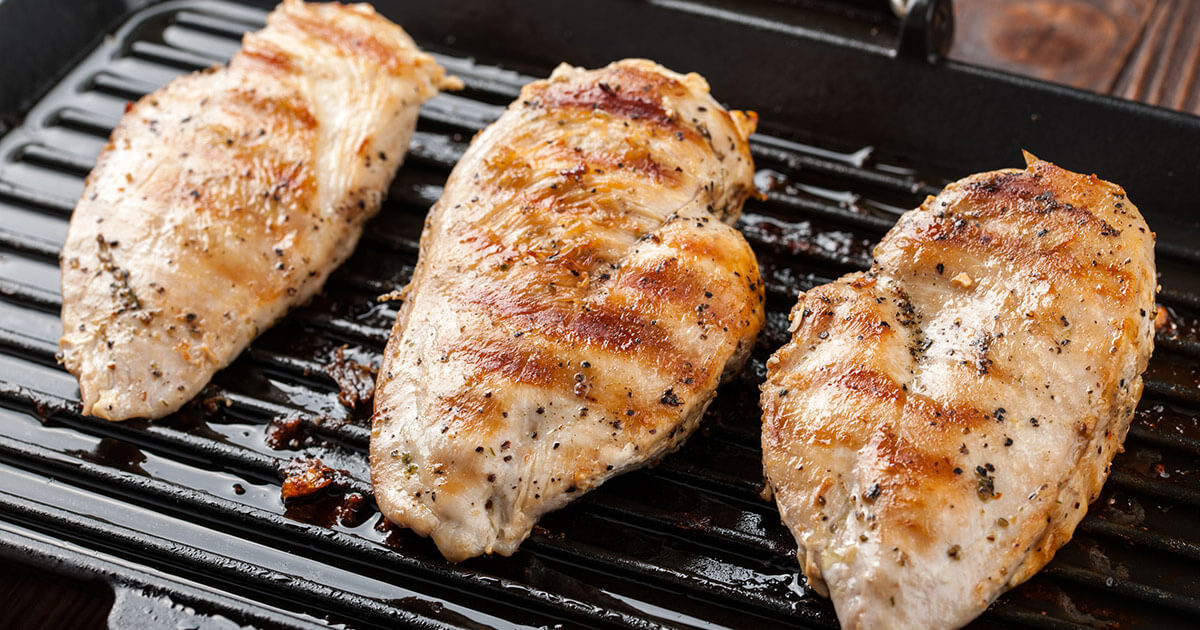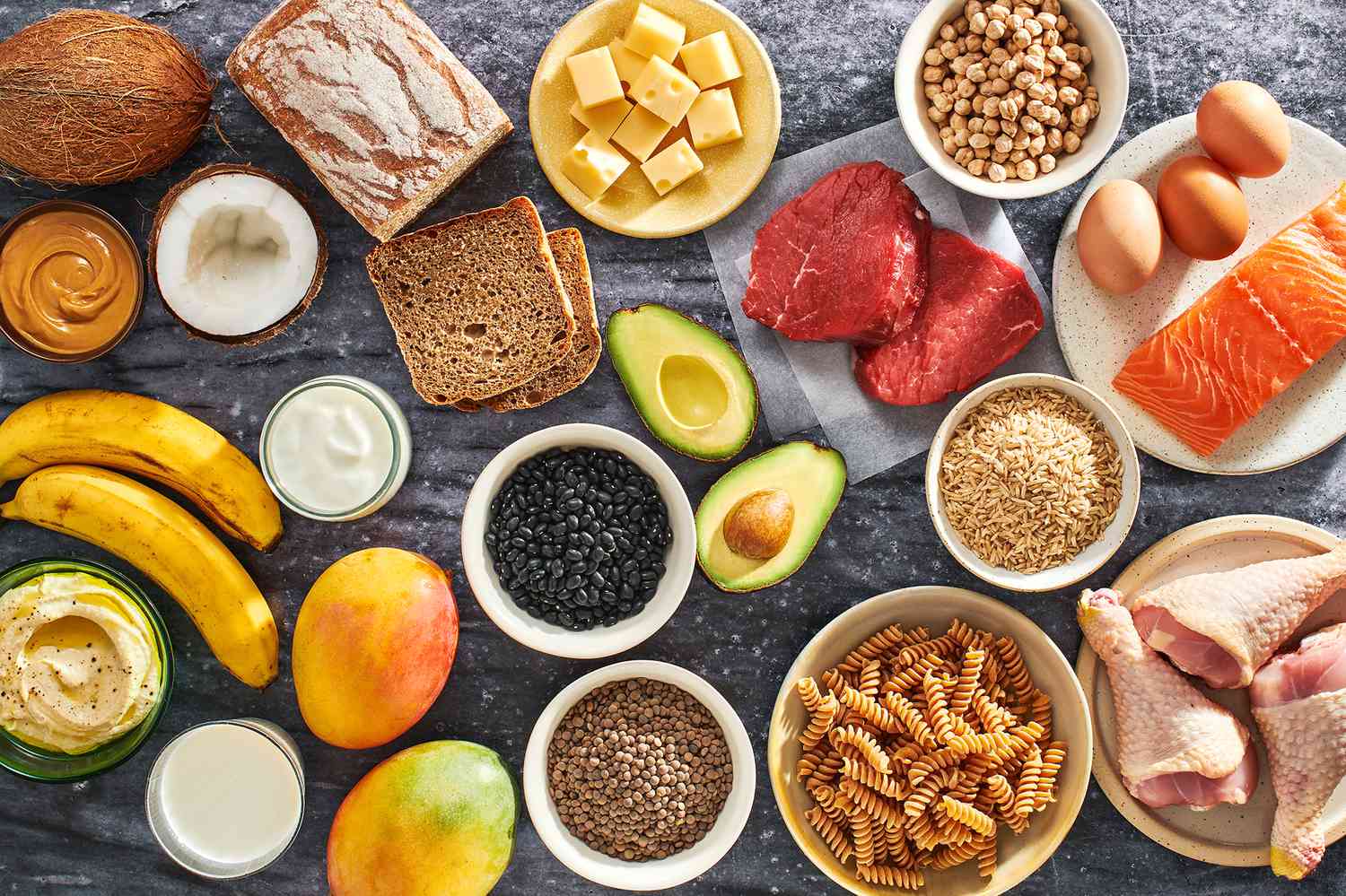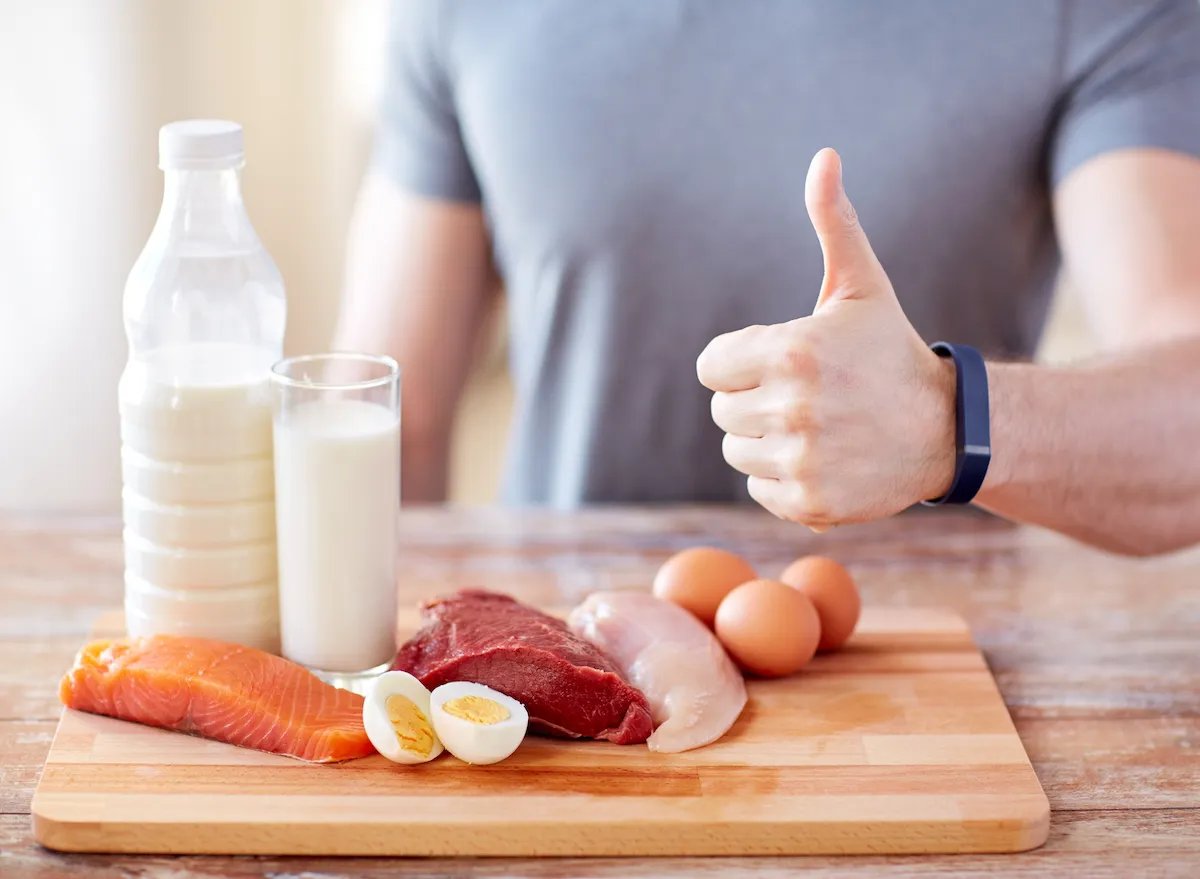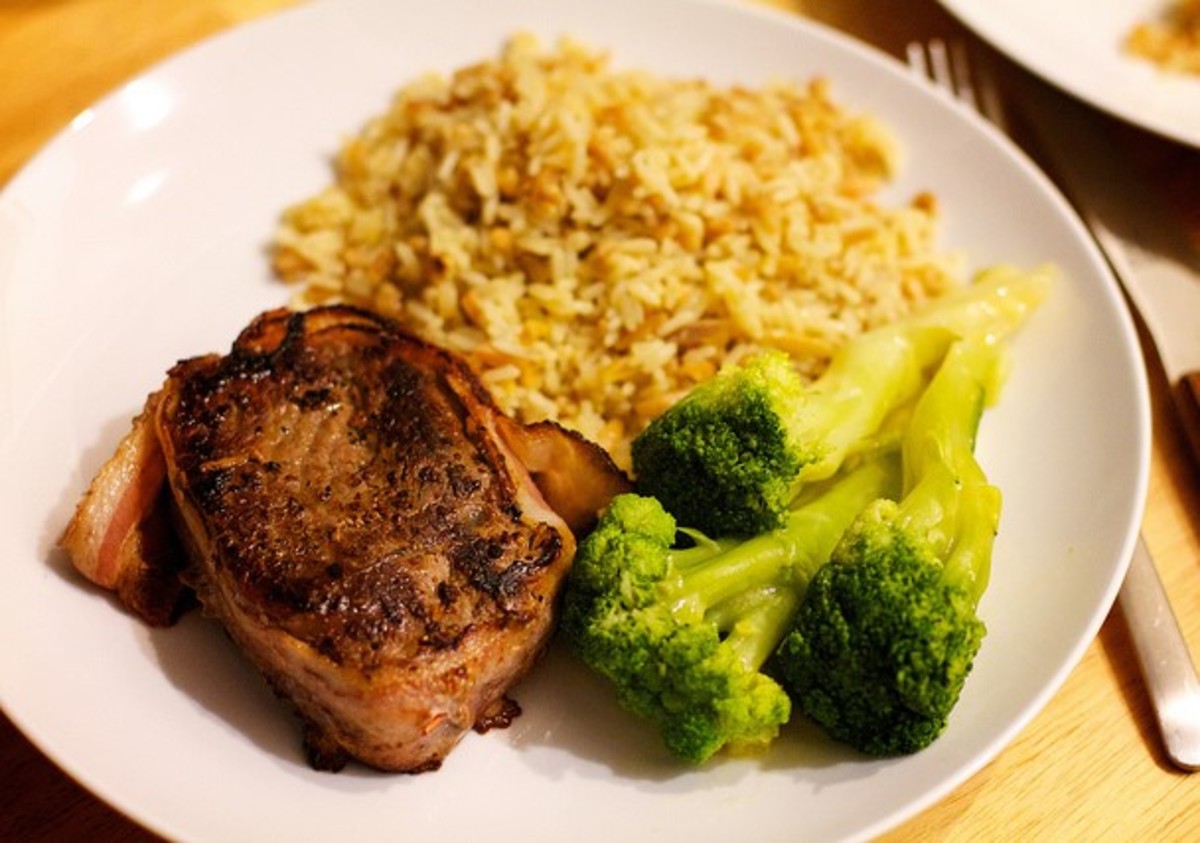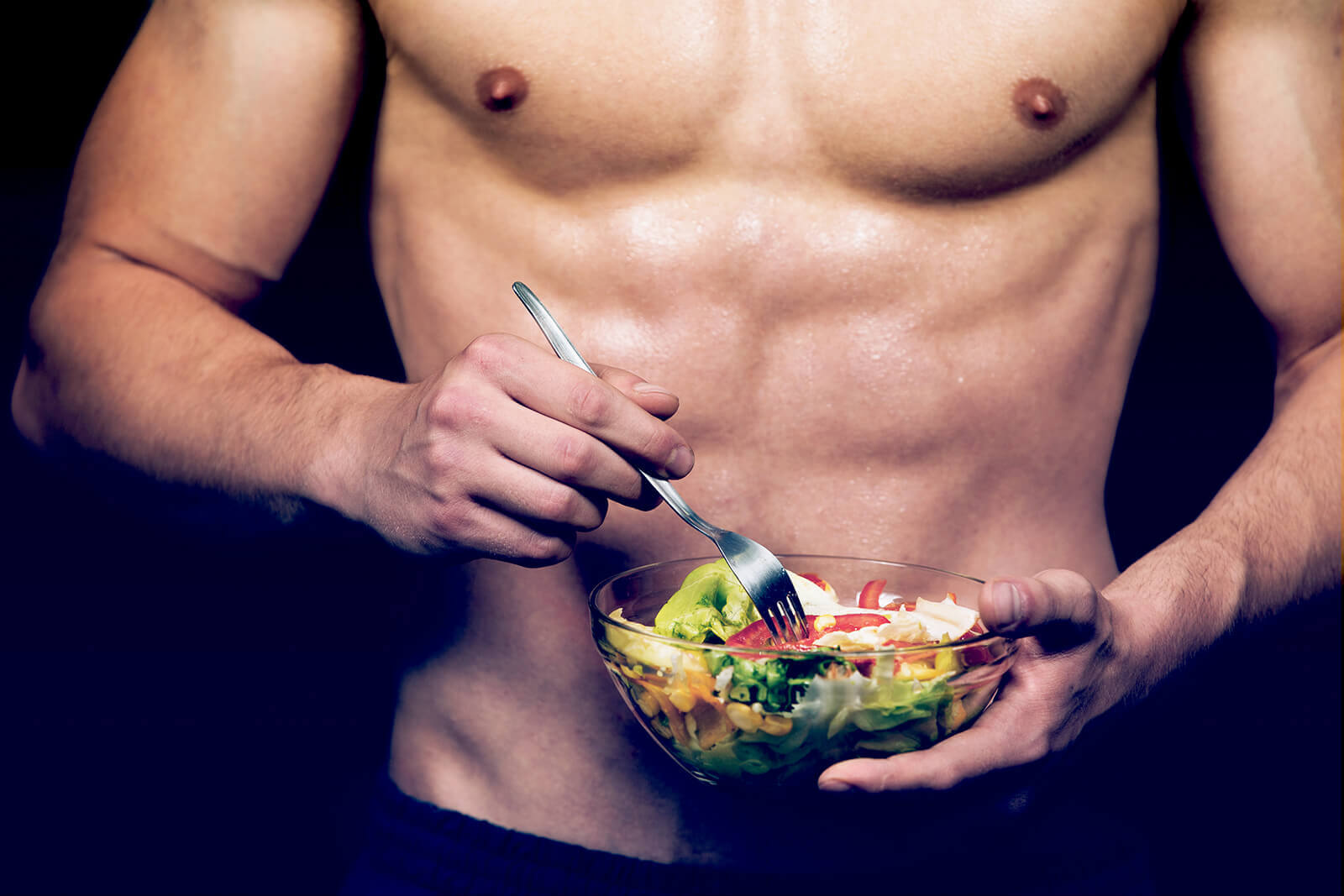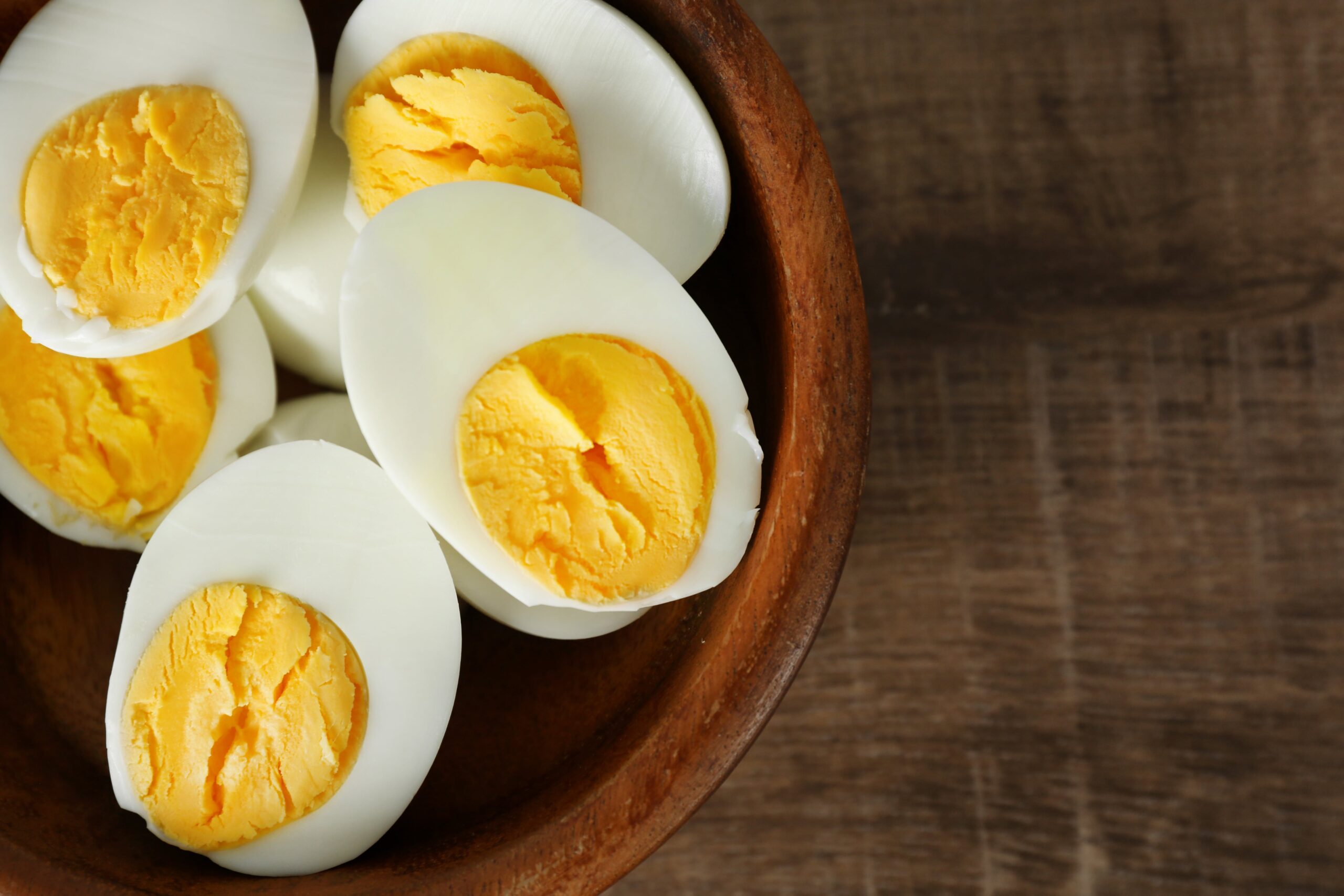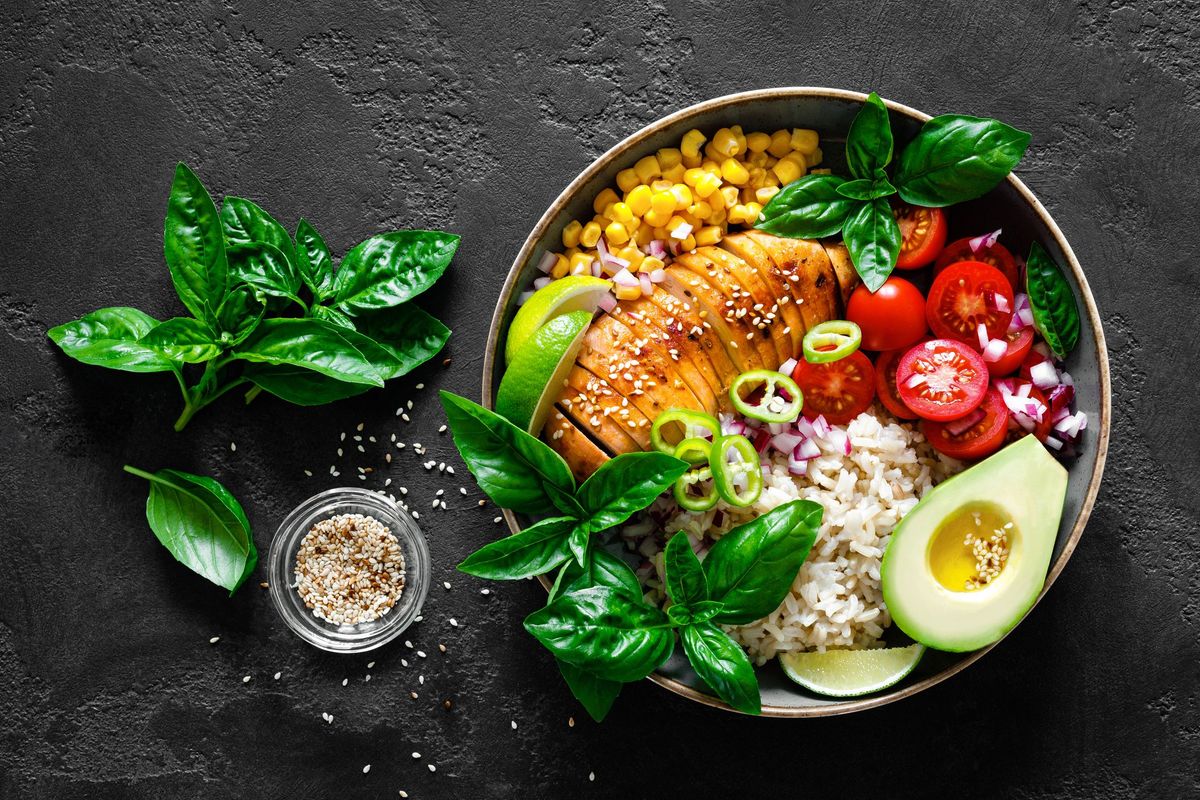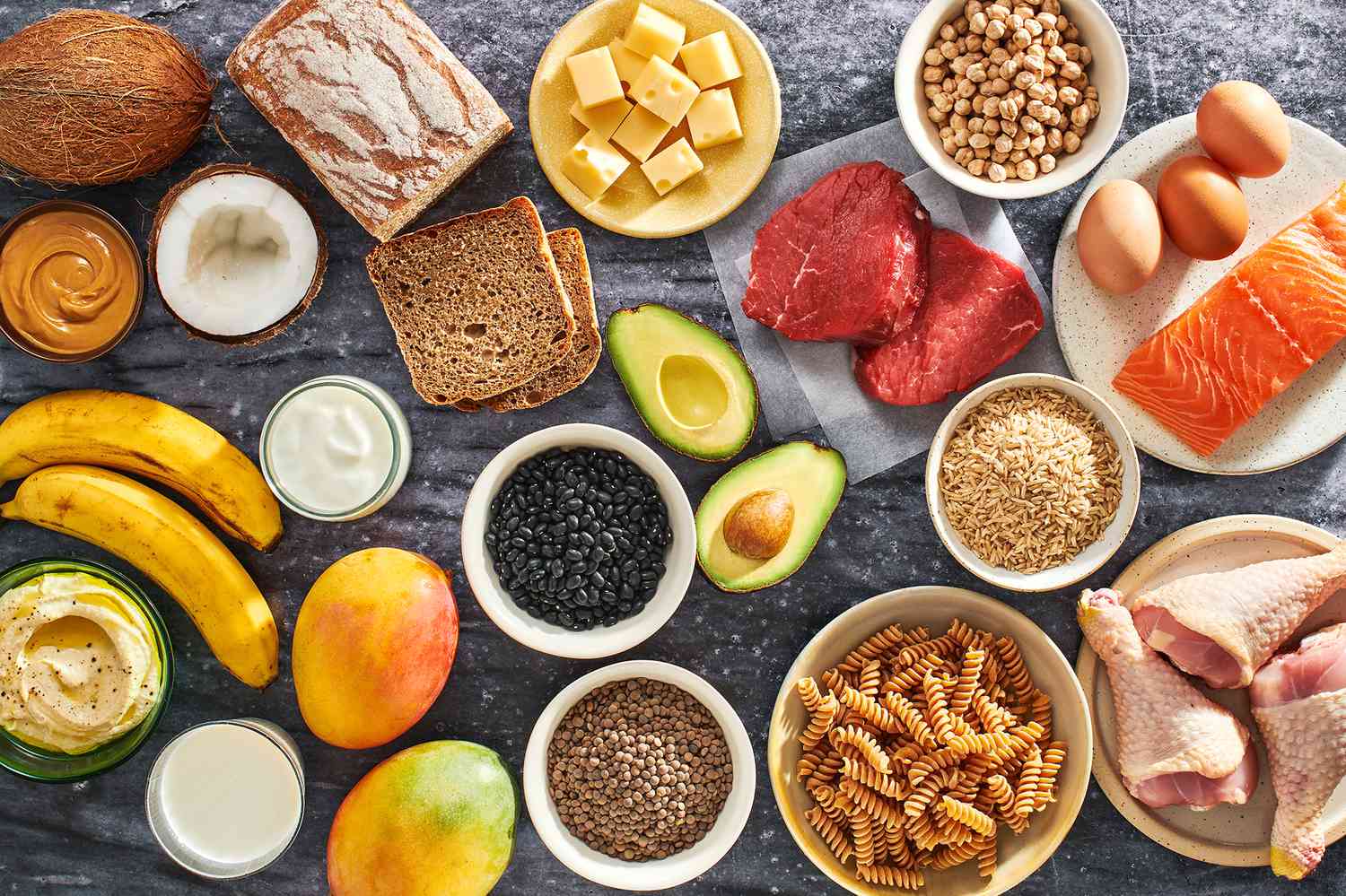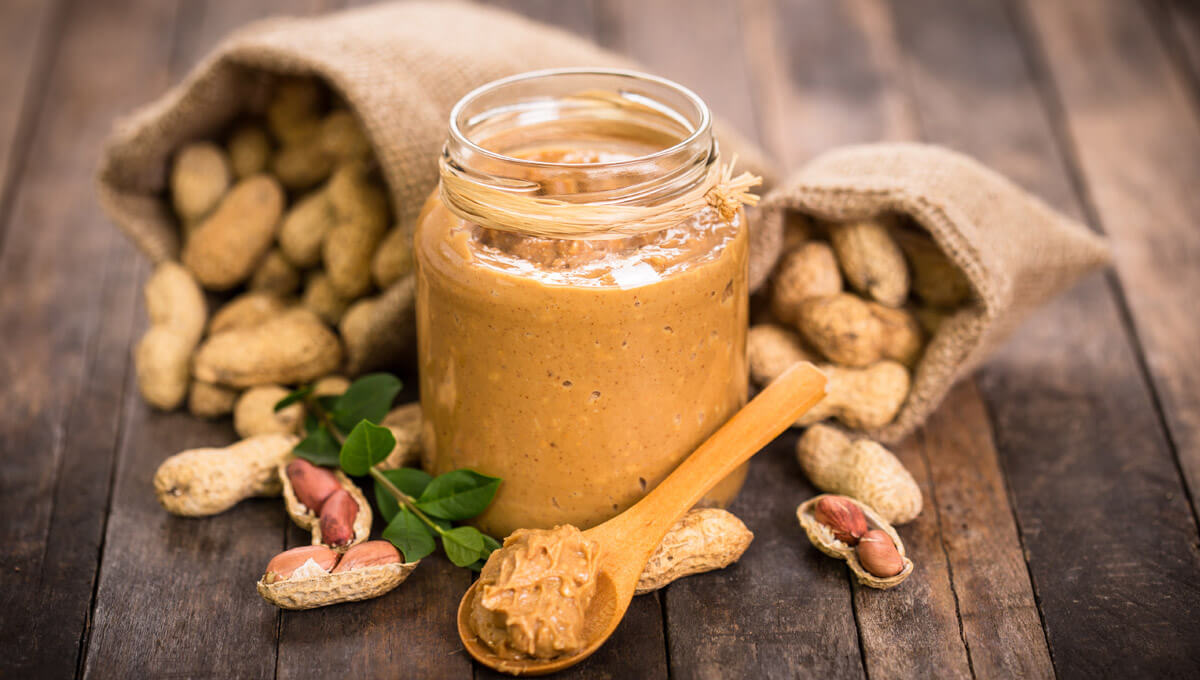How to Increase Protein Intake on a Vegetarian Diet for Muscle Gain
For many people, the idea of gaining muscle on a vegetarian diet may seem challenging due to the misconception that plant-based diets lack sufficient protein. However, with the right approach, it is entirely possible to meet your protein needs and build muscle effectively. Here are some tips on how to eat more protein as a vegetarian to support muscle gain:
Include High-Protein Plant Foods in Your Diet
One of the most effective ways to increase protein intake on a vegetarian diet is to incorporate a variety of high-protein plant foods into your meals. Some excellent sources of plant-based protein include:
- Lentils: These legumes are not only rich in protein but also high in fiber, making them a great addition to soups, stews, and salads.
- Quinoa: As a complete protein, quinoa contains all nine essential amino acids, making it an ideal choice for muscle building.
- Chickpeas: Whether roasted for a crunchy snack or blended into hummus, chickpeas are a versatile and protein-packed option.
- Tofu and Tempeh: These soy-based products are popular meat substitutes and are rich in protein, making them valuable additions to vegetarian diets.
- Edamame: These young soybeans are not only delicious but also provide a substantial amount of protein per serving.
Opt for Protein-Rich Snacks
Snacking can be an excellent opportunity to boost your protein intake throughout the day. Instead of reaching for high-carbohydrate snacks, consider options that are rich in protein, such as:
- Greek Yogurt: Opt for a vegetarian-friendly Greek yogurt to enjoy a protein-packed snack that also provides beneficial probiotics.
- Nuts and Seeds: Almonds, walnuts, chia seeds, and hemp seeds are all excellent sources of protein and healthy fats, making them ideal for snacking.
- Protein Bars: Look for plant-based protein bars that offer a convenient way to increase your protein intake on the go.
Experiment with Protein Supplements
In some cases, incorporating protein supplements into your diet can help ensure that you are meeting your daily protein requirements, especially if you have increased protein needs due to intense physical activity or muscle-building goals. There are various types of protein supplements available for vegetarians, including:
- Pea Protein: Derived from yellow peas, pea protein is a popular choice for vegetarians and is easily digestible.
- Hemp Protein: Made from hemp seeds, this protein powder is rich in essential fatty acids and provides a complete source of protein.
- Brown Rice Protein: Brown rice protein is hypoallergenic and suitable for individuals with food sensitivities or allergies.
Combine Protein Sources for Optimal Nutrition
While individual plant-based foods may not always provide all essential amino acids, combining different protein sources can help create complete protein meals. For example, pairing legumes with whole grains or nuts with seeds can ensure that you are consuming a wide range of amino acids necessary for muscle growth and repair.
Focus on Nutrient-Dense Meals
When aiming to increase protein intake for muscle gain, it’s essential to focus on nutrient-dense meals that provide a balance of protein, healthy fats, complex carbohydrates, vitamins, and minerals. Incorporating a variety of colorful fruits and vegetables, whole grains, and plant-based proteins into your meals can help support overall health and fitness goals.
By following these tips and being mindful of your dietary choices, you can successfully increase your protein intake on a vegetarian diet to support muscle gain and overall well-being.
